Hann Bay, Senegal: from coastal idyll to industrial dumping ground – in pictures – the Guardian
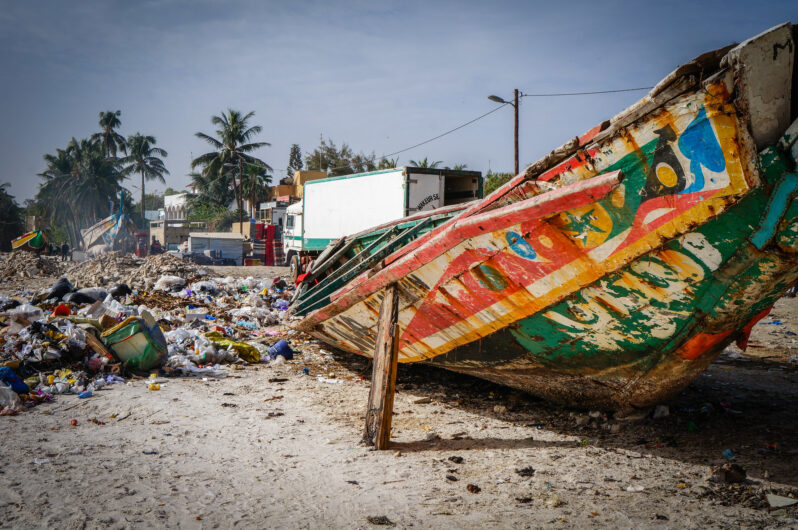
It’s mid-morning on a sunny day and Yvette Yaa Konadu Tetteh’s arms and legs barely make a splash as she powers along the blue-green waters of the River Volta in Ghana. This is the last leg of a journey that has seen Tetteh cover 450km (280 miles) in 40 days to become the first person known to swim the length of the waterway.
It’s an epic mission but with a purpose: to find out whatis in the water and raise awareness of pollution in Ghana…
Earth on verge of five catastrophic climate tipping points, scientists warn – the Guardian
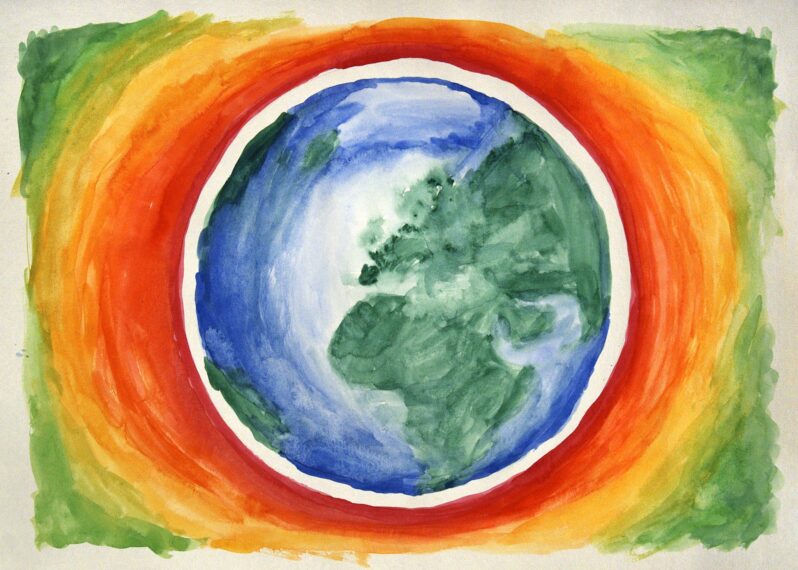
Humanity faces ‘devastating domino effects’ including mass displacement and financial ruin as planet warms…“Tipping points in the Earth system pose threats of a magnitude never faced by humanity,” said Tim Lenton, from the University of Exeter’s Global Systems Institute. “They can trigger devastating domino effects, including the loss of whole ecosystems and capacity to grow staple crops, with societal impacts including mass displacement, political instability and financial collapse…”
Microplastic-eating plankton may be worsening crisis in oceans, say scientists – the Guardian

A type of zooplankton found in marine and fresh water can ingest and break down microplastics, scientists have discovered. But rather than providing a solution to the threat plastics pose to aquatic life, the tiny creatures known as rotifers could be accelerating the risk by splitting the particles into thousands of smaller and potentially more dangerous nanoplastics…
Climate crisis costing $16m an hour in extreme weather damage, study estimates – the Guardian
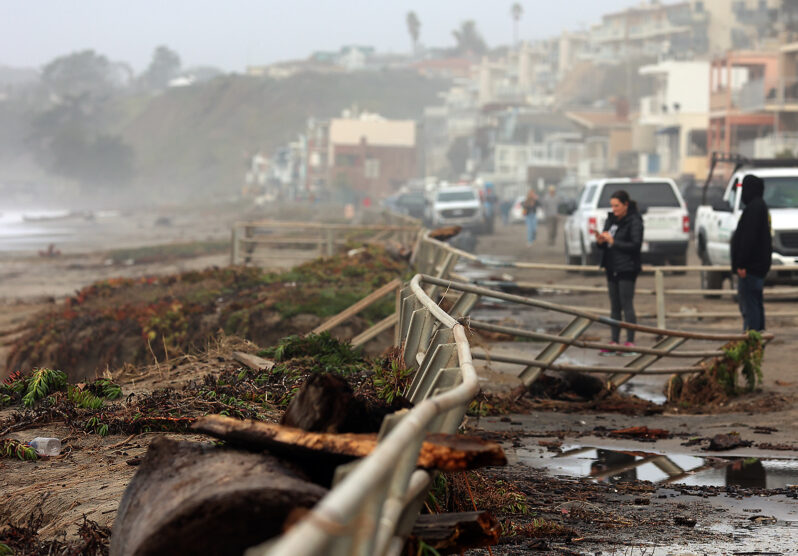
The damage caused by the climate crisis through extreme weather has cost $16m (£13m) an hour for the past 20 years, according to a new estimate.
Storms, floods, heatwaves and droughts have taken many lives and destroyed swathes of property in recent decades, with global heating making the events more frequent and intense. The study is the first to calculate a global figure for the increased costs directly attributable to human-caused global heating…
Groundwater a significant source of pollution on Great Barrier Reef, study shows – the Guardian
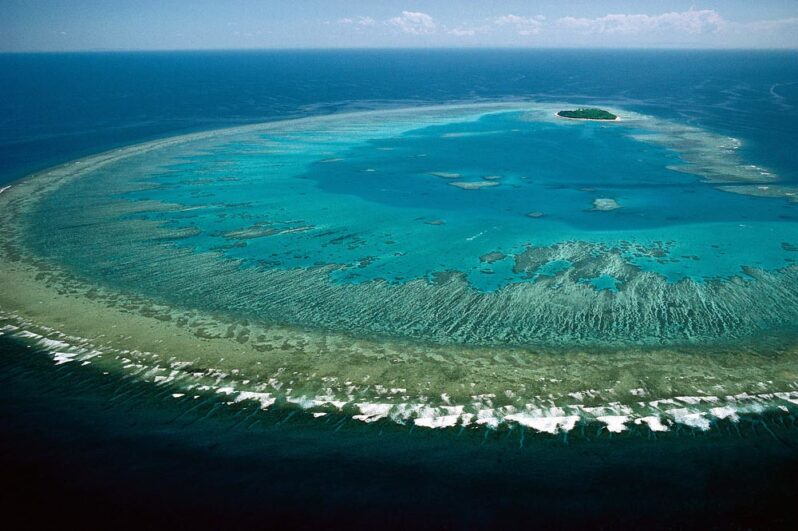
Scientists say they have discovered large flows of pollution are reaching the Great Barrier Reef after soaking into underground water, a finding that could have implications for policymakers focused on cutting pollution from river catchments. The new research claims almost a third of dissolved inorganic nitrogen and two-thirds of dissolved inorganic phosphorus in the reef’s waters are coming from underground sources – an amount previously undocumented…
Don’t look away: This book is a wake-up call to our ‘monstrous’ waste crisis and how to solve it – EuroNews
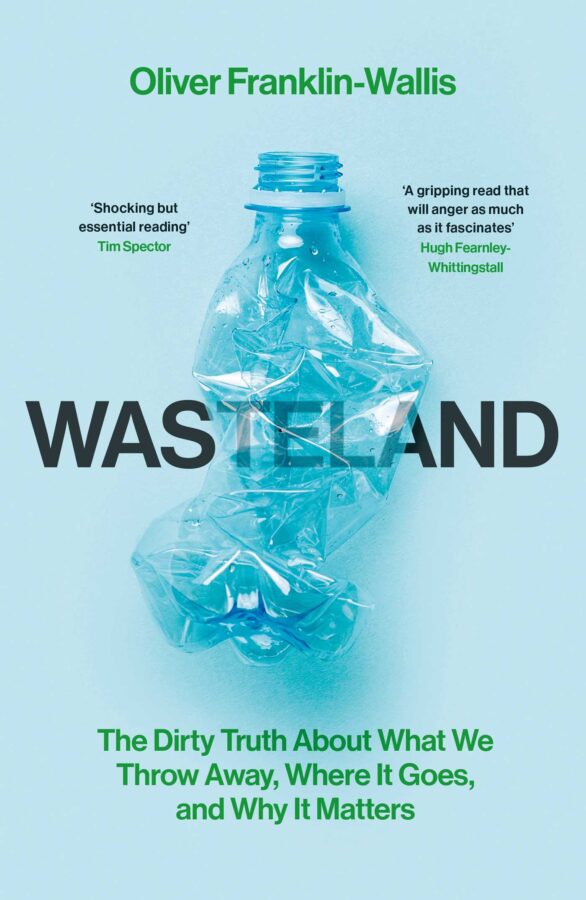
I’m only three pages into Wasteland when a stat first unnerves me: “It is forecast that by 2050 we will be producing a further 1.3 billion tonnes [of waste] a year.”
It already feels like the world is weighed down with waste. And I’d (somewhat naively) hoped that, given today’s talk of sustainability, recyclable materials and circular economies, we’d be headed the other way by 2050 – towards a less wasteful world…
World’s Oceans Changing Colour Due to Climate Breakdown – the Guardian
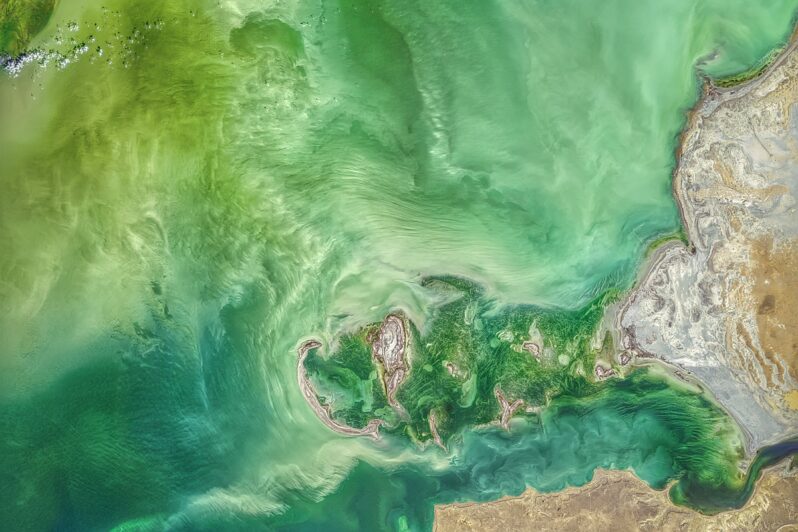
The sea is becoming greener due to changes in plankton populations, analysis of Nasa images finds…
Can video games change people’s minds about the climate crisis? – the Guardian
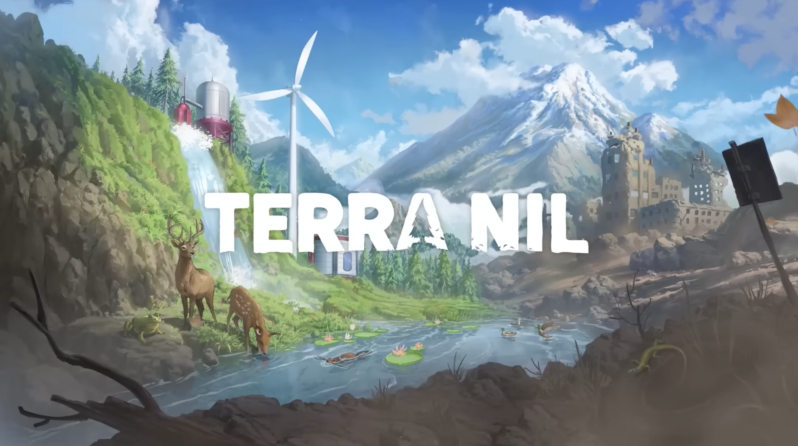
A new wave of game makers are attempting to influence a generation of environmentally conscious players. Will it work, and is it enough?….Terra Nil, the video game that Alfred has been developing since 2019, is a response to these terrifying events. Dubbed a “city-builder in reverse”, it foregoes the consumption and expansion of genre classics such as Civilisation and SimCity to paint a picture of environmental restoration. Starting with arid desert, it’s up to the player to rewild a landscape using various technologies – a toxin scrubber, for example, or a beehive…
Alarming’ scale of marine sand dredging laid bare by new data platform – the Guardian
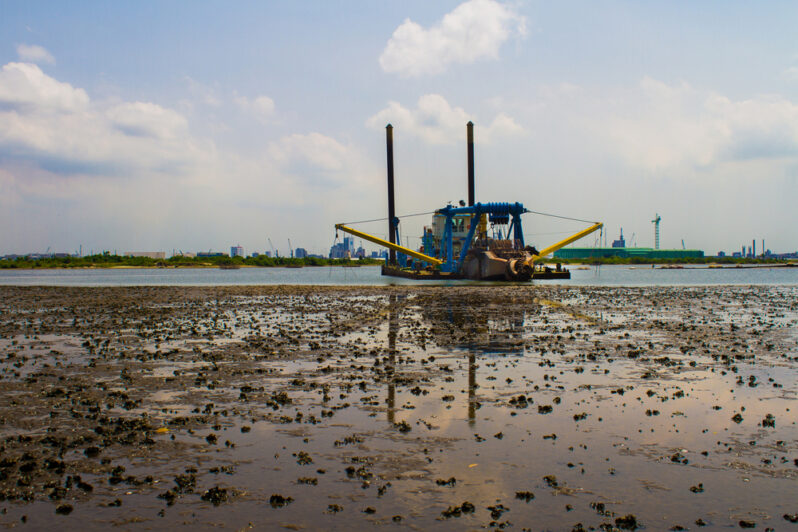
One million lorries of sand a day are being extracted from the world’s oceans, posing a “significant” threat to marine life and coastal communities facing rising sea levels and storms, according to the first-ever global data platform to monitor the industry….
